11 GPTs for Research Paper Editing Powered by AI for Free of 2025
AI GPTs for Research Paper Editing are advanced tools utilizing Generative Pre-trained Transformers to assist in the editing of academic papers. They are uniquely designed to understand and adapt to the complex language and structure of research papers, providing tailored editing solutions. These tools significantly enhance the quality of academic writing by offering suggestions for improvement, identifying errors, and ensuring adherence to specific formatting and stylistic guidelines.
Top 10 GPTs for Research Paper Editing are: 论文润色大师,英文校正GPT,Scientific Writing,Academic Paper Specialist,Academic Editor,Paper Machine,Academic Writing Assistant,Academic Translator & Proofreader Pro,智慧教授,Essay Scrambler
论文润色大师
Empowering Your Academic Writing with AI

英文校正GPT
Elevating Academic Writing with AI Precision

Scientific Writing
Elevating Science Through AI-Powered Writing
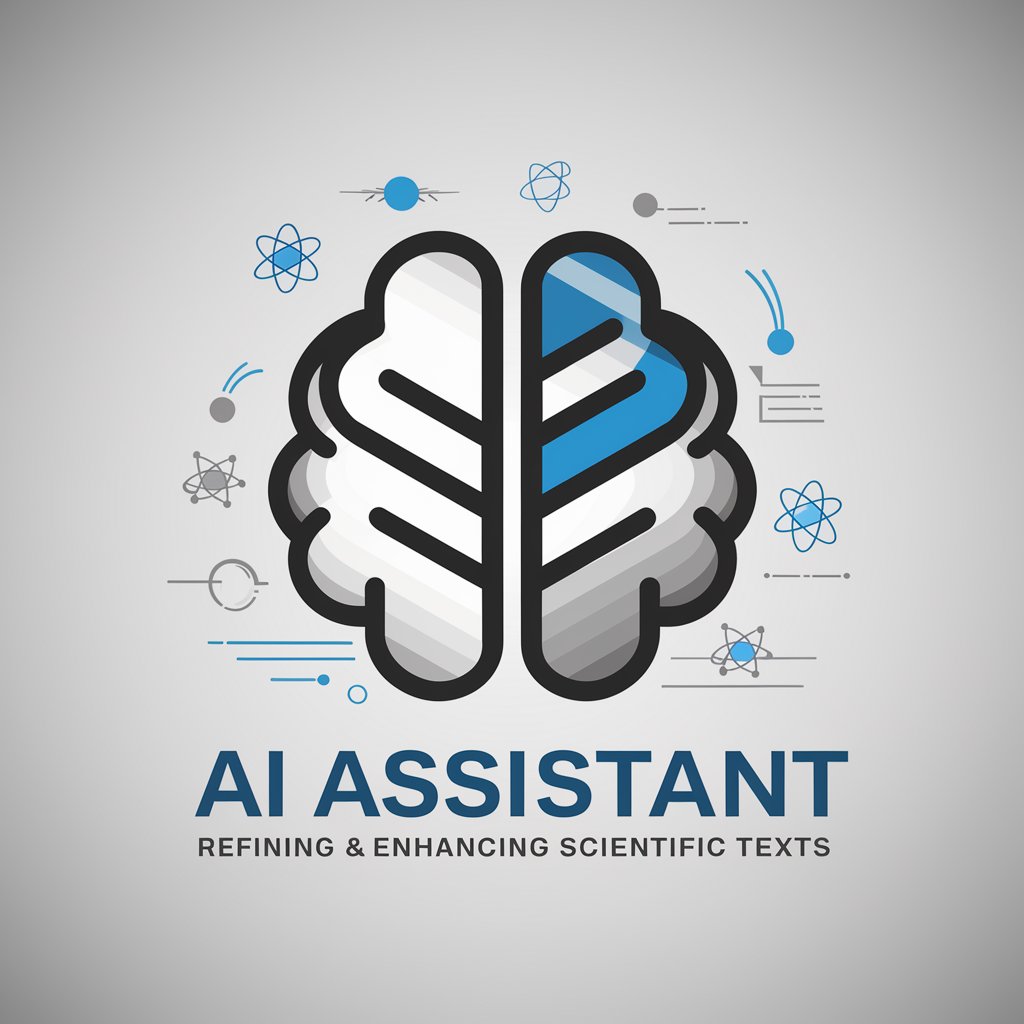
Academic Paper Specialist
Empowering Research with AI-driven Linguistic Expertise
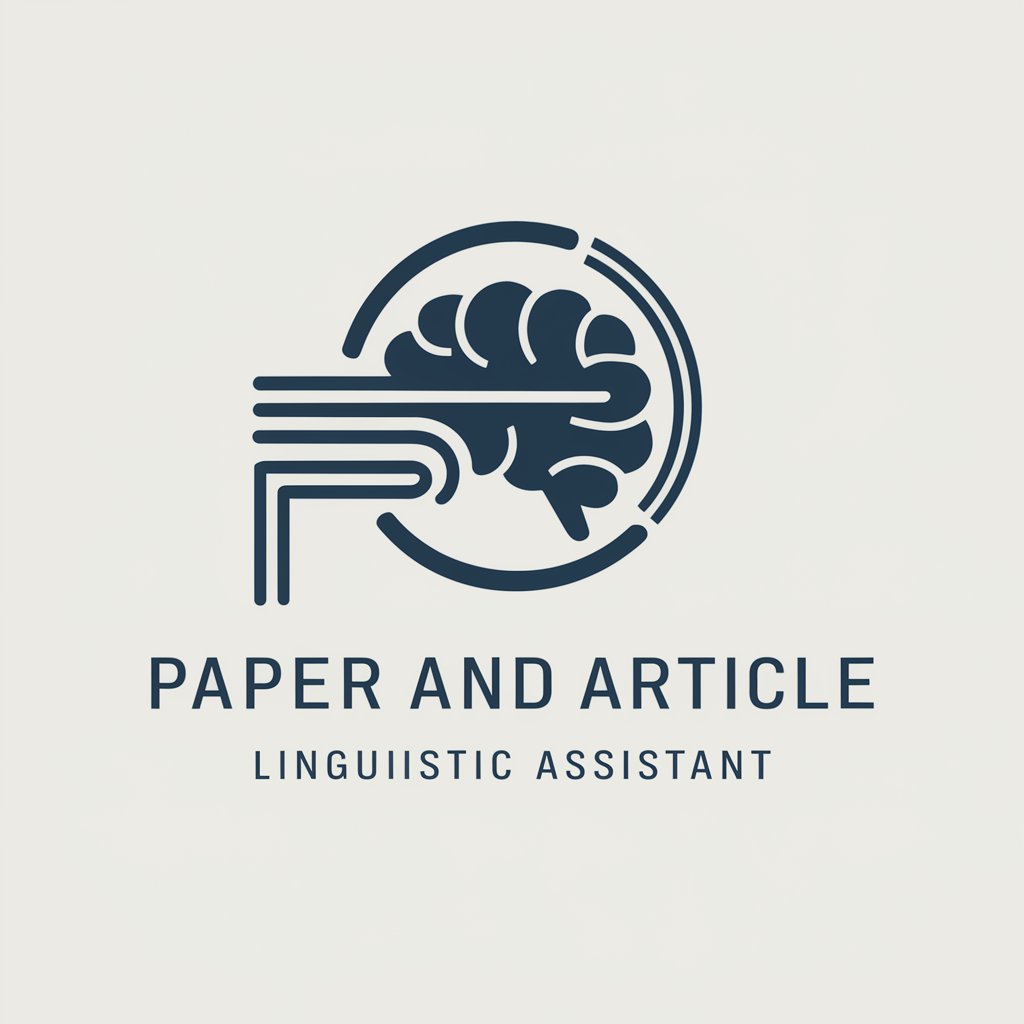
Academic Editor
Elevating Academic Writing with AI Precision

Paper Machine
Elevating Academic Writing with AI Expertise
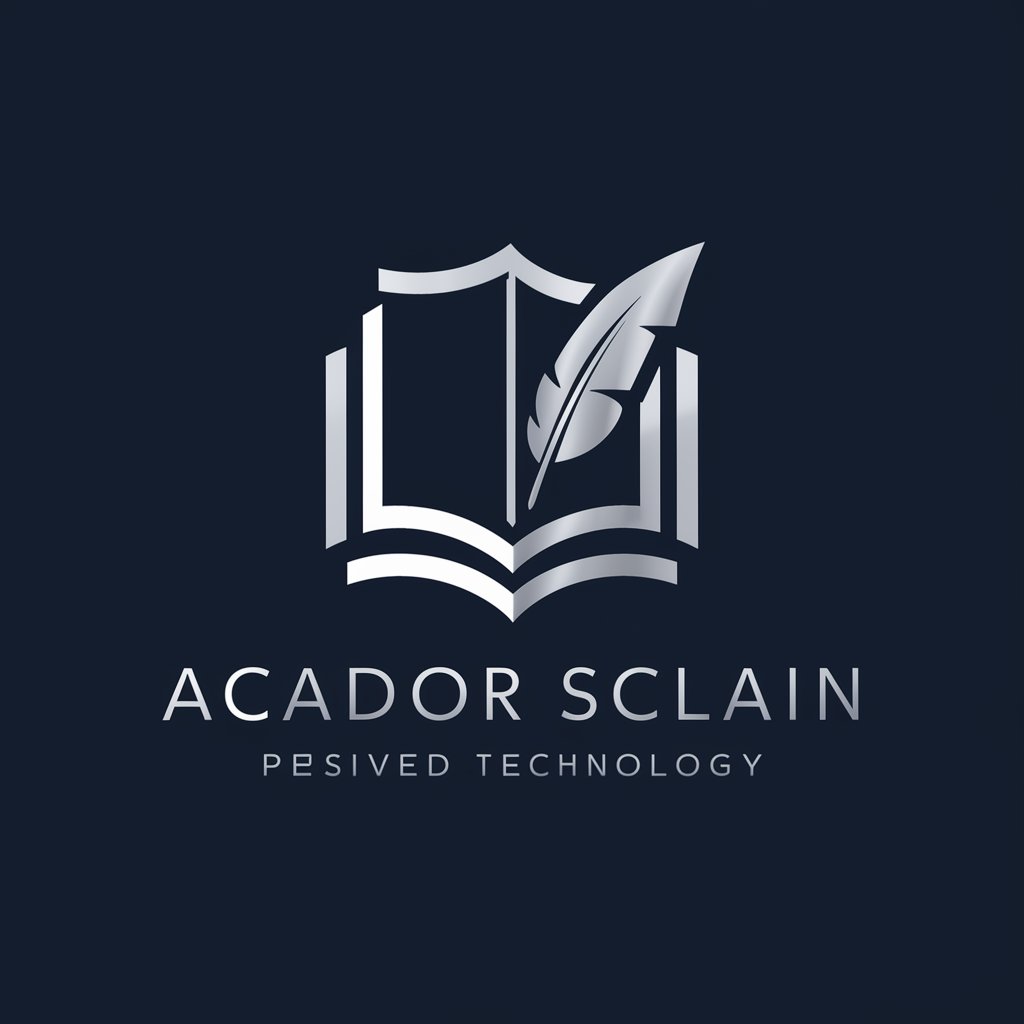
Academic Writing Assistant
Enhancing Academic Writing with AI Precision

Academic Translator & Proofreader Pro
Elevating Academic Excellence with AI
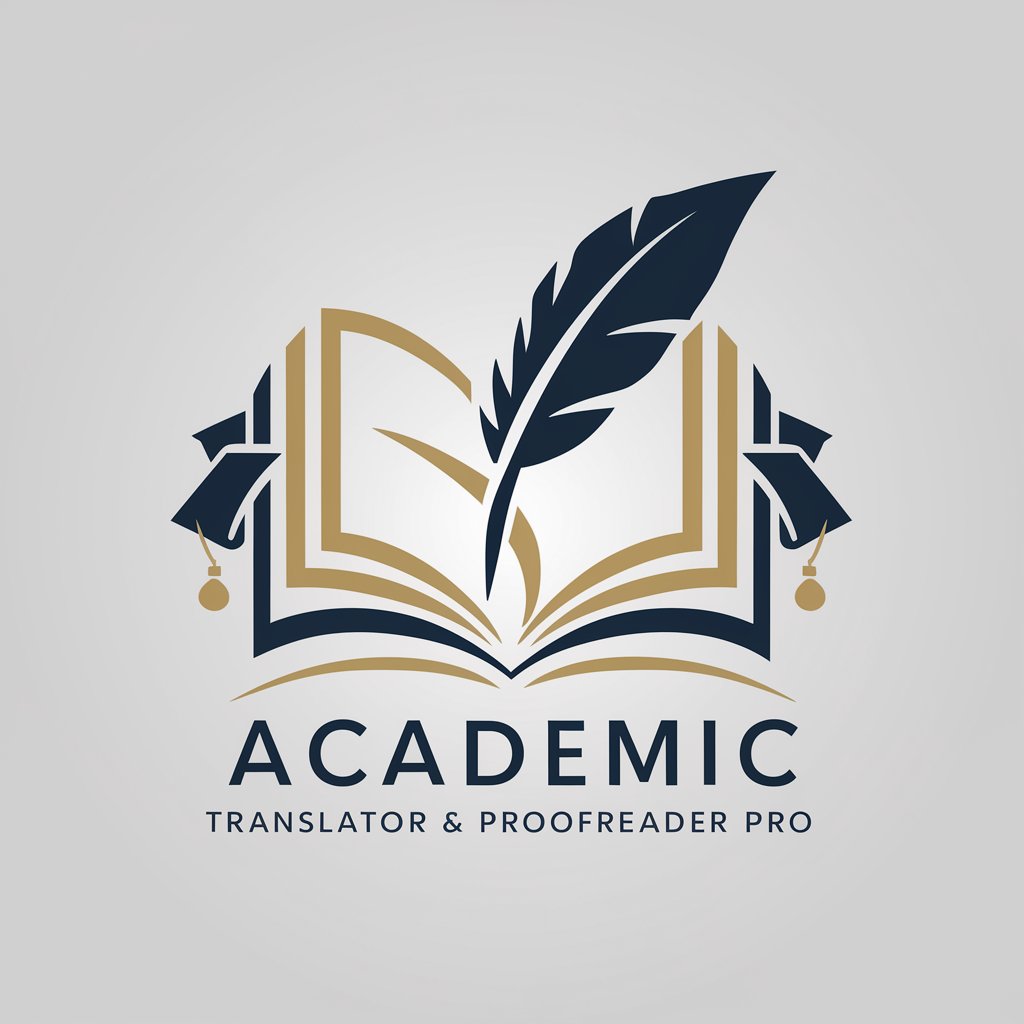
智慧教授
Revolutionizing Academic Writing with AI-Powered Rephrasing
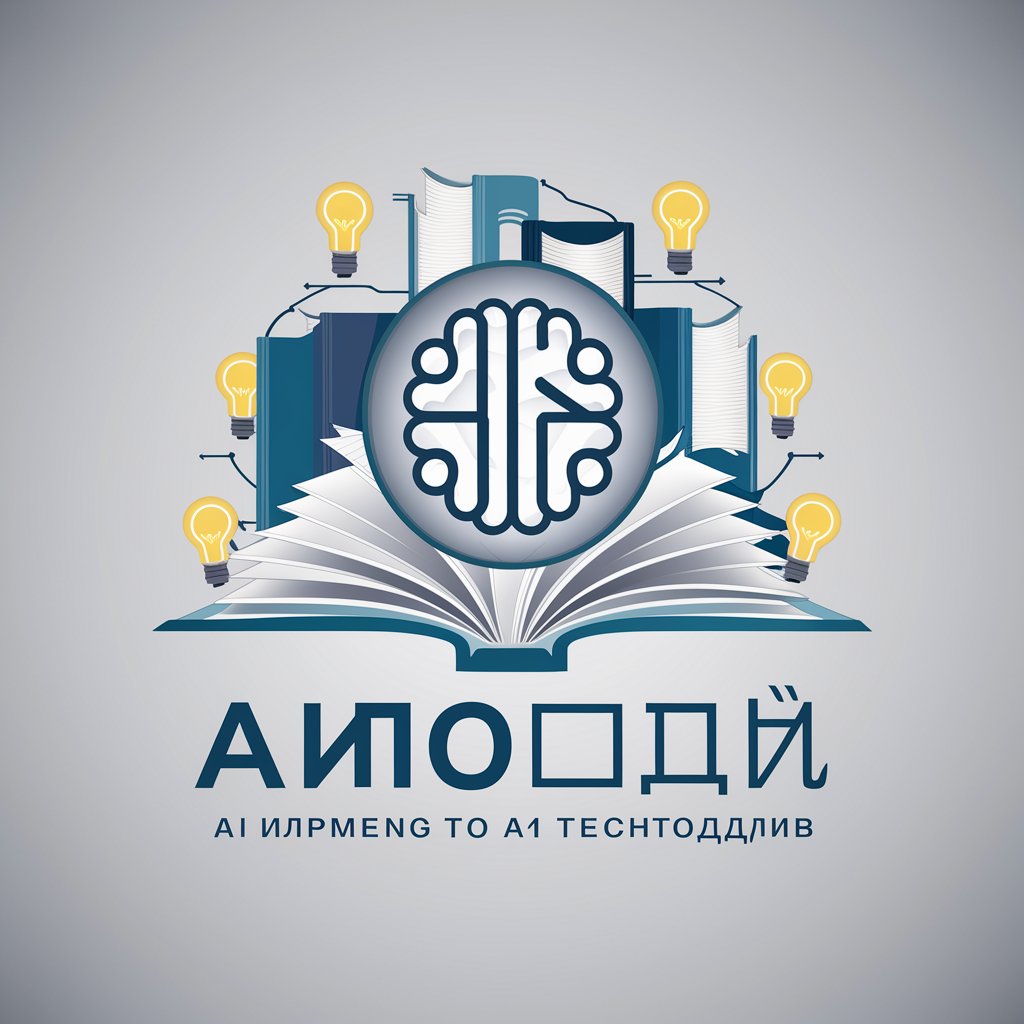
Essay Scrambler
Revolutionizing Essay Writing with AI
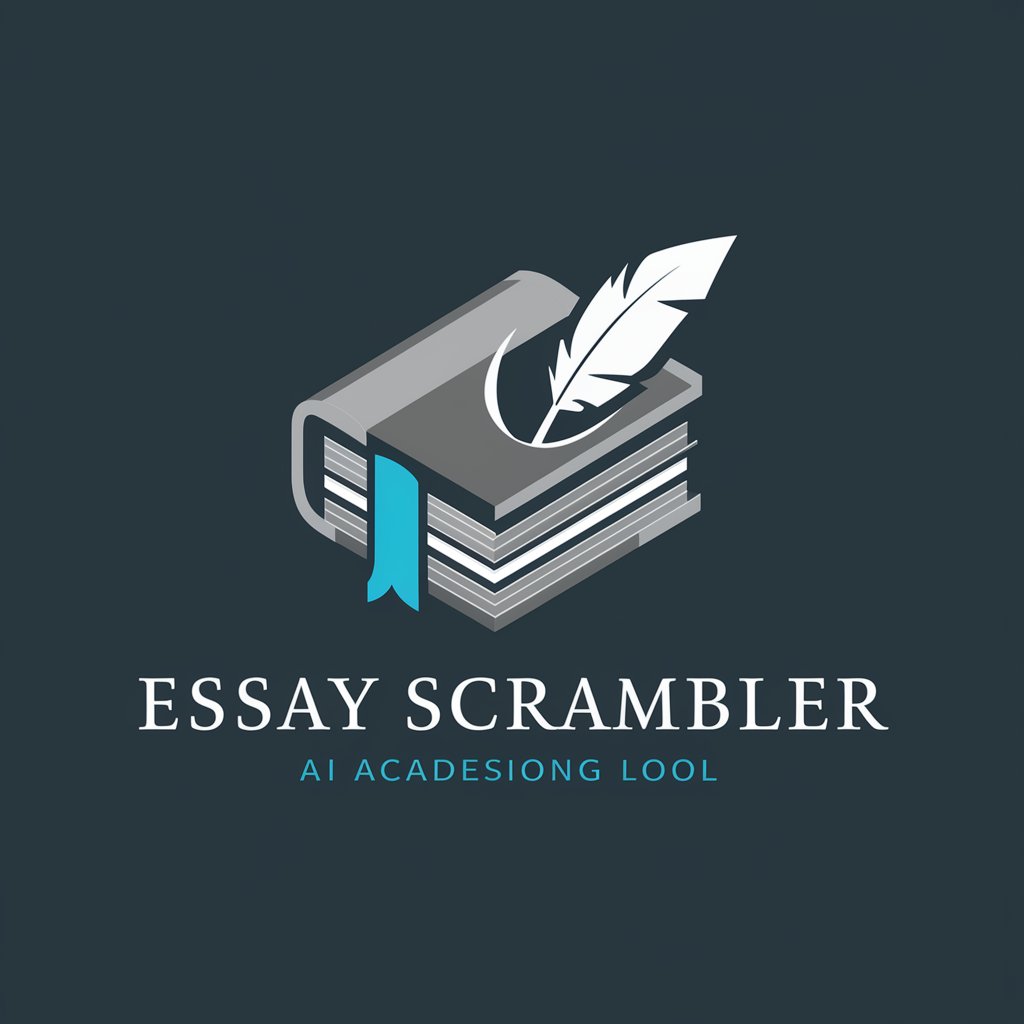
Academic Editor
Refining Academic Writing with AI Precision

Essential Attributes of AI GPTs in Research Paper Editing
AI GPTs for Research Paper Editing are characterized by their adaptability, precision, and depth of understanding. Key features include advanced grammar and syntax correction, context-aware suggestions, and adherence to academic standards. They are capable of learning from user inputs, thus improving their efficiency over time. Special features like technical language support, integration with research databases, and data analysis capabilities further distinguish these tools in the realm of academic editing.
Intended Users of AI GPTs in Research Paper Editing
These tools are ideal for a wide range of users including students, researchers, and academic professionals. They cater to individuals with varying levels of expertise, from novices to experienced editors. For those without coding skills, these tools offer a user-friendly interface, while also providing advanced customization options for users with programming knowledge.
Try Our other AI GPTs tools for Free
Scholarly Manuscript Enhancement
Discover AI GPTs for Scholarly Manuscript Enhancement – advanced tools revolutionizing academic writing and research, designed for simplicity and versatility to cater to both novices and professionals.
Thesis and Dissertation Proofreading
Discover AI GPT tools for Thesis and Dissertation Proofreading - your AI-powered partner for enhancing academic writing. Tailored, efficient, and intuitive, these tools ensure your scholarly work meets the highest standards.
悬疑冒险体验
Explore the world of mystery and adventure with AI GPTs, offering immersive storytelling, interactive experiences, and user-friendly tools for all, from enthusiasts to professionals.
角色扮演游戏
Explore AI GPTs for RPGs – your gateway to advanced, AI-driven tools enhancing role-playing game experiences with dynamic storytelling, character development, and more.
互动式故事叙述
Discover AI GPTs for 互动式故事叙述 - your gateway to innovative, interactive storytelling. Transform narratives with AI-driven adaptability and user engagement.
文学改编游戏
Revolutionize literary gaming with AI GPTs for 文学改编游戏. Experience dynamic adaptations of classic literature in interactive and engaging game formats, accessible to both novices and experts.
Broader Perspectives on AI GPTs in Academic Editing
AI GPTs in Research Paper Editing not only streamline the editing process but also offer a customizable experience. They are capable of integrating with existing workflows, offering a user-friendly interface, and providing solutions tailored to specific research sectors. These tools represent a significant advancement in academic writing and editing, enabling researchers to focus more on content development.
Frequently Asked Questions
What is the primary function of AI GPTs in Research Paper Editing?
Their primary function is to assist in editing and refining the language, structure, and formatting of research papers, ensuring adherence to academic standards.
Can AI GPTs handle technical or specialized language in research papers?
Yes, these tools are equipped to understand and edit technical and specialized language relevant to various fields of research.
Are AI GPTs suitable for users without programming skills?
Absolutely, these tools are designed with user-friendly interfaces that are accessible to users without any programming background.
Can AI GPTs adapt to different research paper formats and styles?
Yes, they can adapt to various formatting styles and guidelines specific to different academic fields and journals.
Do these tools improve over time?
Yes, AI GPTs learn from user interactions and feedback, continually improving their editing capabilities.
Can AI GPTs integrate with existing research databases or tools?
Many of these tools are designed to integrate seamlessly with existing research databases and academic tools for enhanced functionality.
Is there technical support available for these tools?
Most AI GPTs for Research Paper Editing come with dedicated technical support to assist users.
Can these tools generate references or citations?
Yes, they often include features to assist in generating and formatting references and citations according to academic standards.